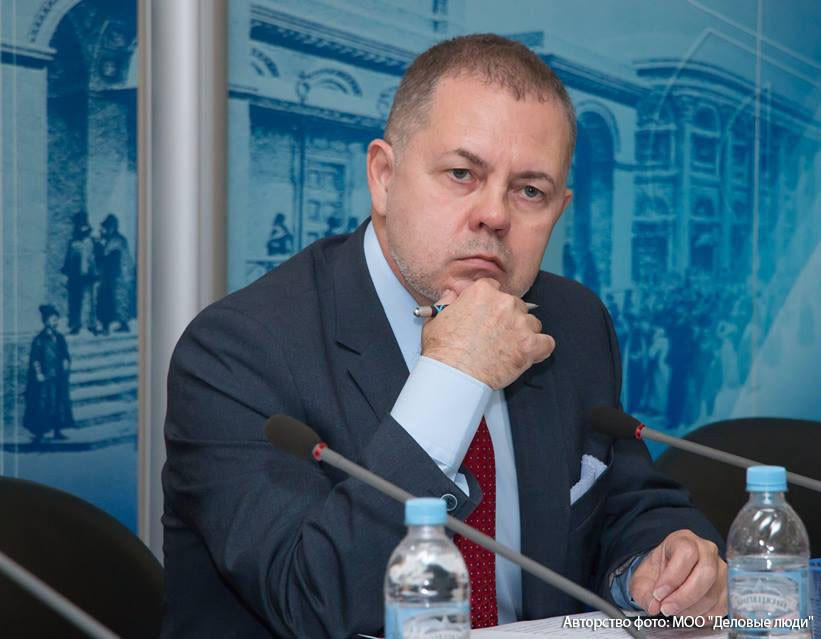Baku, Azerbaijan, April 17
By Leman Zeynalova - Trend:
The lack of reaction from the OSCE Minsk Group to the statements by Armenian Prime Minister Nikol Pashinyan on the settlement of the Armenia-Azerbaijan Nagorno-Karabakh may negatively affect the negotiation process, Grigory Trofimchuk, Russian expert in foreign policy, defense and security, told Azernews, Trend reports.
He was commenting on Pashinyan’s proposal to change the format of talks.
“This is not just protraction of the settlement,” he said. “In fact, this is an attempt to change the format of the negotiations, and the OSCE Minsk Group co-chairs should first pay attention to this. It is strange that they try not to notice Pashinyan’s statements. This may end very badly, because Azerbaijan can conclude that it is deliberately provoked to take drastic actions, not to mention the resumption of the war. I’d like to remind that the other key statement by Pashinyan was the following: we don’t exchange peace for territories. Therefore, a question arises: what all these people from many countries have been discussing since 1994, and what did they strive for, if not for peace in exchange for territories?”
Further, Trofimchuk noted that Pashinyan’s administration has fundamental differences in the vision of the Karabakh process, compared with the Sargsyan’s administration.
“It was enough for Sargsyan to just sit quietly at the negotiating table,” he said. “This is clearly not enough for Pashinyan, and the Karabakh issue is one of the main issues for him, and he began to demonstrate this immediately after coming to power.”
The expert also touched upon a meeting that has been recently held between the foreign ministers of Azerbaijan and Armenia Elmar Mammadyarov and Zohrab Mnatsakanyan with the participation of Russian Foreign Minister Sergey Lavrov.
He noted that Russia has never been aloof from the Nagorno-Karabakh conflict’s settlement process.
“Therefore, immediately after the Vienna summit, the ministerial meeting in Moscow on the same issue also took place in order to start preparing the meeting at the highest level between Russia, Azerbaijan and Armenia on the settlement of the Nagorno-Karabakh conflict,” Trofimchuk said.
“Nevertheless, Moscow doesn’t separate itself from the Vienna event and declares that it acts considering all previous discussions,” he noted. “At the same time, the same problem remains the main point of contention: Azerbaijan isn’t going to get involved in a long, fruitless negotiation process and wants to clearly understand when it will start getting back the territories.”
The conflict between the two South Caucasus countries began in 1988 when Armenia made territorial claims against Azerbaijan. As a result of the ensuing war, in 1992 Armenian armed forces occupied 20 percent of Azerbaijan, including the Nagorno-Karabakh region and seven surrounding districts.
The 1994 ceasefire agreement was followed by peace negotiations. Armenia has not yet implemented four UN Security Council resolutions on withdrawal of its armed forces from the Nagorno-Karabakh and the surrounding districts.
---
Follow the author on Twitter: @Lyaman_Zeyn






